Wallachian Nomads (1905)
Genre : Documentary
Runtime : 2M
Director : Janaki Manaki, Milton Manaki
Synopsis
Early Balkan footage.
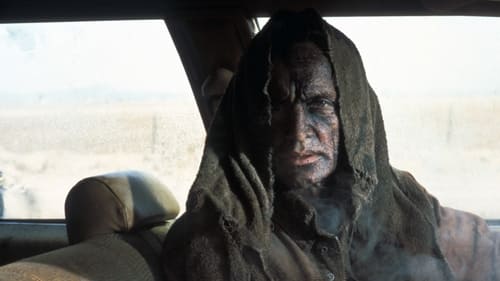
A farm boy reluctantly becomes a member of the undead when a girl he meets turns out to be part of a band of vampires who roam the highways in stolen cars.
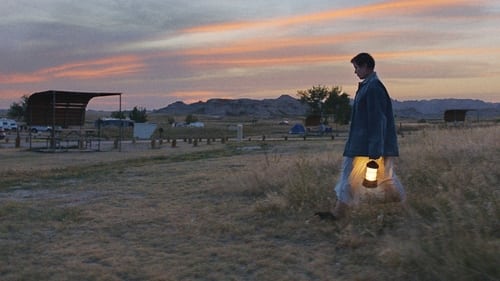
A woman in her sixties embarks on a journey through the western United States after losing everything in the Great Recession, living as a van-dwelling modern-day nomad.
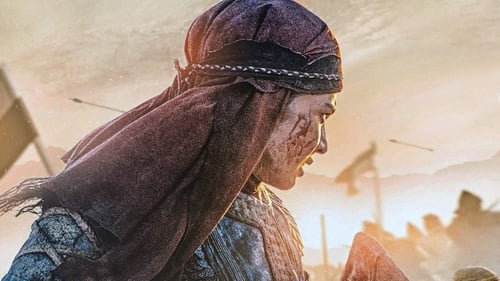
This is the story of the life of the great queen of the steppe - legendary Tomiris. She is destined to become a skillful warrior, survive the loss of close people and unite the Scythian/Saka tribes under her authority.

In 1976, a lower-middle-class teenager struggles to cope living with her neurotic family of nomads on the outskirts of Beverly Hills.

During a time when the city of Los Angeles is terrorized by animal attack style murders, a kindly elderly lady provides a nomad with room and board. It turns out that he is a werewolf and is responsible for the recent killings. He bites the elderly woman, turning her into a hungry werewolf. Now her adult son must try to prevent the both of them from doing any more harm.
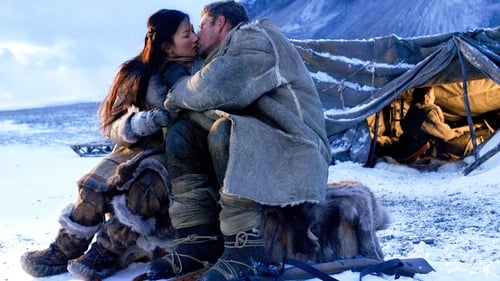
In the arctic, as Saiva is being born, a shaman declares that she is evil and will bring harm to all who become involved with her. Saiva is cast out of her tribe of herders and grows up to live a nomadic existence with Anja, a young woman she adopts as an infant. Then Loki, an injured and starving soldier, stumbles into their isolated lives. The women nurse him back to health, but treachery, violence and doom await them all.
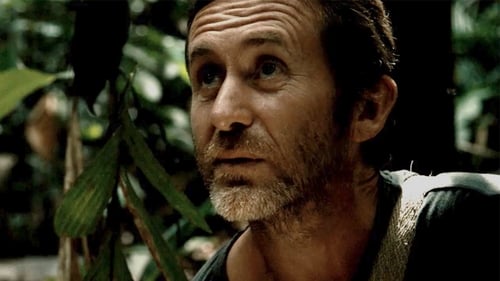
Explorer Bruce Parry visits nomadic tribes in Borneo and the Amazon in hope to better understand humanity's changing relationship with the world around us.

In the vast expanse of desert East of Atlas Mountains in Morocco, seasonal rain and snow once supported livestock, but now the drought seems to never end. Hardly a blade of grass can be seen, and families travel miles on foot to get water from a muddy hole in the ground. Yet the children willingly ride donkeys and bicycles or walk for miles across rocks to a "school of hope" built of clay. Following both the students and the teachers in the Oulad Boukais Tribe's community school for over three years, SCHOOL OF HOPE shows students Mohamed, Miloud, Fatima, and their classmates, responding with childish glee to the school's altruistic young teacher, Mohamed. Each child faces individual obstacles - supporting their aging parents; avoiding restrictions from relatives based on traditional gender roles - while their young teacher makes do in a house with no electricity or water.
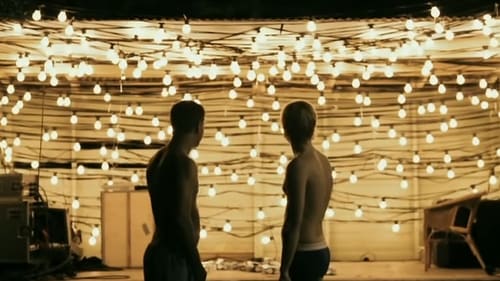
Olle, an introverted, well-mannered boy with an air of innocence and sincerity about him has been camping with his father at the same camping ground with several other people for years now. A sort of tradition that ends in a karaoke party. Then one summer, a family friend brings her reticent 'city boy' nephew, Kevin, and his pet budgerigar. Olle accidentally releases the bird and what follows is a discovery of friendship and love between the guy who has grown up in a loving environment and simply accepts love for what it is and the guy who's apparently been burned too many times in his own circle to feel comfortable with it.

The Meaning of Vanlife is an adventurous, revealing look into the Vanlife community through the eyes of nomads who have chosen to live a life of freedom on the road. A movement that exemplifies a deeper societal trend towards minimalism and authentic community building.
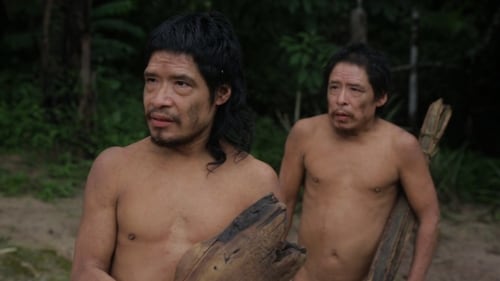
The last two surviving members of the Piripkura people, a nomadic tribe in the Mato Grasso region of Brazil, struggle to maintain their indigenous way of life amidst the region's massive deforestation. Living deep in the rainforest, Pakyî and Tamandua live off the land relying on a machete, an ax, and a torch lit in 1998.

Four men from a nomadic Tibetan tribe undertake their annual, ritualistic pilgrimage to a sacred salt lake. Salt gathered in this traditional fashion will be sold to provide the economic livelihood of the tribe for the coming year. The journey, necessary for the group's survival, also incorporates a number of rituals necessary for their culture to survive in the modern world.

Like an antipodean version of Romeo and Juliet, it emerges that Warri and Yatungka became the last nomads because they had married outside their tribal laws and eloped to the most inaccessible of regions. In 1977 the land was stricken by a severe drought and their tribal elders mounted a search for them with the help of a party of white men led by Dr Bill Peasley and one of their own number, a childhood friend named Mudjon. The film takes Dr Peasley back into the desert to relive his momentous journey with Mudjon and culminates with poignant archival footage of the elderly couple found naked and starving.
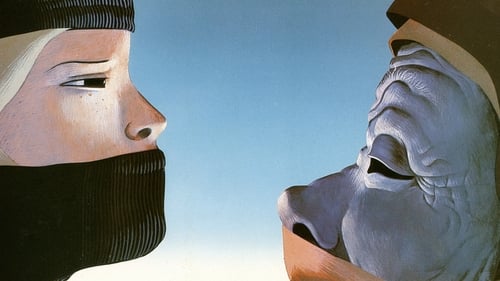
Gwen is a young girl adopted by a nomad tribe in a desert post-apocalyptic world. When Gwen's friend is kidnapped, she and an old woman called Roseline embark on a trip to bring him back.

Fairly sensitive melodrama about life on the back-roads in Australia at the height of the Great Depression. Centring on the developing romance between two drifters this presents a commendable level of period detail. Based on the novel by Kylie Tennant.

María is an Amorúa girl; an indigenous group that traveled the savannas of Orinoquía as nomads. She lives with her grandmother Matilde, her sister diana and her cousins in Puerto Carreño, in the Colombia-Venezuela border. The amorúa are considered wild and are not literate. Matilde wants her granddaughters to learn to write and read to live better in this town of "rational whites" as they call us. The director follows María's life for 8 years from her childhood to her adolescence and invites her to travel the places her grandma did as a nomad.

Early Balkan footage.

As a boy, Dawa was an illiterate Tibetan nomad whose life revolved around herding yaks. At 13, his life changed: through a series of visions, Dawa acquired the gift of telling the epic story of Tibet’s King Gesar. Now, at 35, Dawa receives a salary from the government as a guardian of national cultural heritage and is regarded as a holy man by his community. When an earthquake reduces his hometown to rubble, redevelopment of the region takes a giant leap forward. In the midst of such seismic shifts, Dawa seeks healing from King Gesar and other divine protectors of the land.

A documentary on the experiences of the Nubetya Yaptiks nomadic family in the Yamal Peninsula, Eastern Siberia, from 1992 to 2001.

We get to meet Aslanbek—a teenage shepherd in the mountains of Kyrgyzstan. “Aslanbek” is a story exploring the dynamics of relationship between humans and animals, what we can learn from the mountains, and about dreams. In short, it's a story about our forgotten values.

















